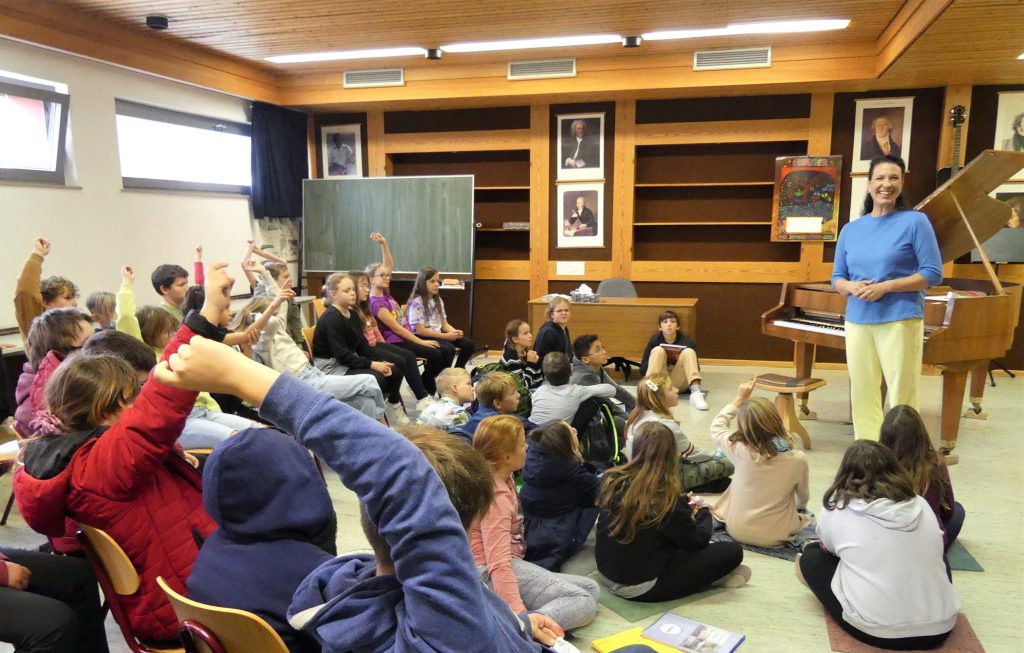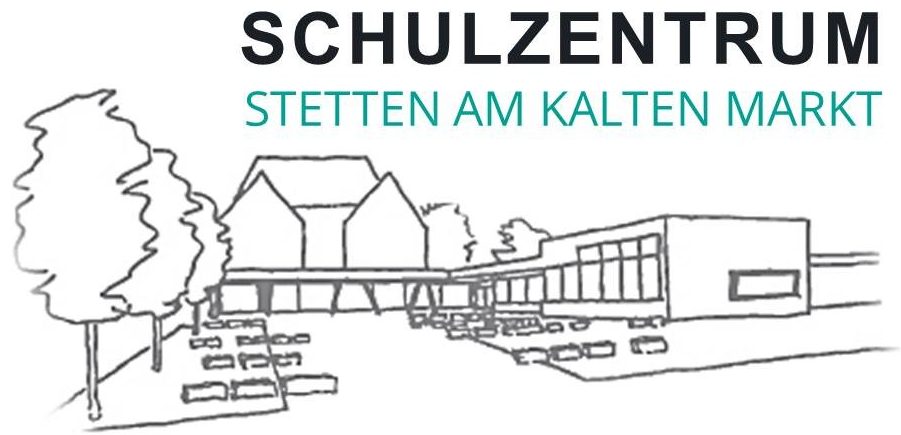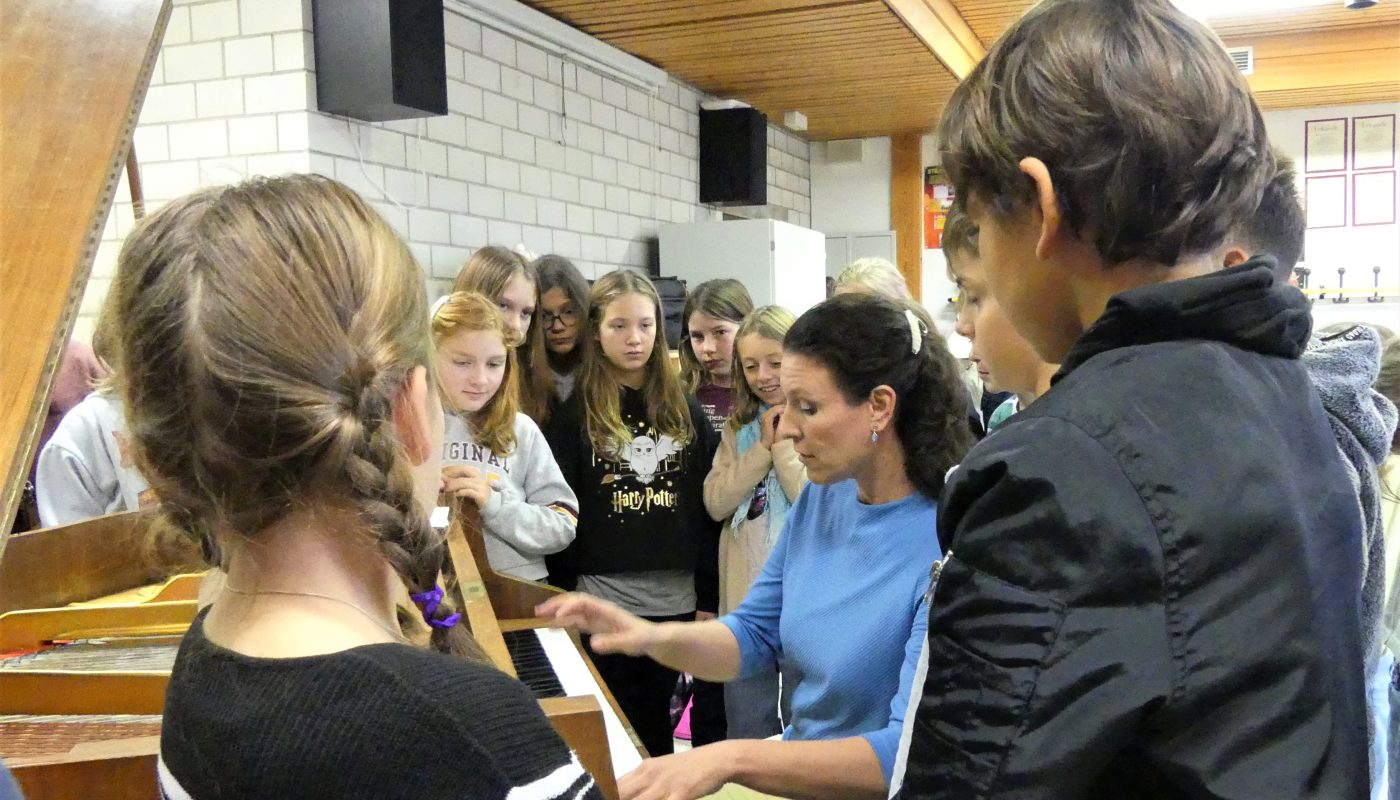"Music is vibrating air," explains Henriette Gärtner.
The fact that this physically almost banal circumstance leads to people surpassing themselves and carrying others away while playing music was experienced today by classes 3 and 4 as well as the two learning groups 5.
With her visit, professional concert pianist Dr Henriette Gärtner introduced the youngest listeners to works by Mozart and Beethoven. The recital was initiated by primary school teacher Renate Biselli, who invited Gärtner as part of the artists' initiative. Rhapsody in School had addressed. The project brings outstanding musicians into schools to bring the passion for music to life for students and perhaps inspire them to pursue their own careers as professional musicians.
"How long have you been playing the piano?" The young listeners stare spellbound at the fingers flying over the keys, unable to calm down at all about the fact that Henriette Gärtner is playing faster than they can watch.
"I started playing the piano at the age of three, both parents were pianists," reveals the exceptional musician, who already won the national competition at the age of 4. Youth plays music in Baden-Württemberg. As the youngest concert pianist in the world, she even achieved a record at the Musikfestwochen in Lucerne at the age of eight. Born in the Black Forest and raised in Unterschwandorf near Neuhausen ob Eck, after her Abitur at the Martin-Heidegger-Gymnasium in Meßkirch, she first studied French and sport as a teacher in Konstanz and then piano in Imola. For this she was awarded a doctorate (Dr.rer.nat.). Later she was able to convince her audience of her outstanding talent with concerts all over Germany.
Gärtner's performance today began with the well-known Twelve Variations in C major on the song "Ah, vous dirai-je, Maman" by Wolfgang Amadeus Mozart, which the pupils were familiar with as the melody of "Tomorrow Father Christmas will come". The young listeners counted each variation to see which one was being played.
In a question and answer session afterwards, there was also an opportunity to get to know the prominent guest personally, for example to learn about Gärtner's numerous hobbies such as dancing, swimming, travelling and reading, and that she likes to visit exhibitions.

"Learn an instrument and go to a live concert! Experiencing music properly is something completely different from the sound through headphones," the passionate musician advises the dedicated students. In the work as a pianist, there are also phases in which one has to cope with being alone and the disciplined completion of a daily high workload while practising, but this also results in a great progress in performance: "Music trains the brain, not only the hands, but each finger learns to act independently."
In the second part of the audition, Henriette Gärtner presented Ludwig van Beethoven's Piano Sonata No. 26 in E-flat major, which has become famous under the name "Les Adieux". While in the first movement a suddenly reverent mood in the music hall makes the sadness of parting physically tangible for the pupils, in the third movement they are literally carried away by the exuberant joy of reunion; the little hands move rhythmically in time with the virtuoso music before bursting into jubilant applause as the playing ends. The pupils jump enthusiastically from their seats and join a long queue to secure a coveted autograph from the famous artist.
Those who are eager to experience Henriette Gärtner again will have the opportunity to attend her concert at Messkirch Castle this Sunday, 16 October.

